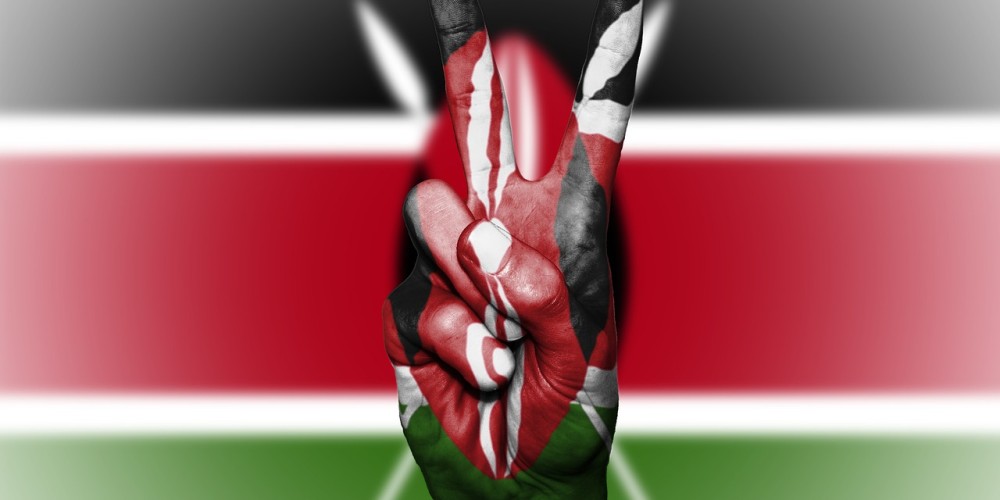Is counting on patriotism a winning business strategy?

Many years ago our local brewer, East African Breweries Limited (EABL), was facing a major new threat. Castle, a huge brand owned by South African Breweries, had announced its entry into our local market. It was coming in with big money, a big plant and big plans.
One of the key strategic decisions made in response by EABL was simple: fly the flag. Cloak local beers in patriotism to see off the usurper.
It worked. Kenya’s Tusker brand was clothed in the colours of the flag. A series of adverts focusing on national identity exhorted Kenyans to support their own. Other responses were also deployed, but the patriotic positioning was key. Castle had only limited success in the Kenyan market, and eventually scaled down its plans and arranged an amicable exit.
Not long after, Uchumi Supermarkets, then the dominant grocer of the land, a giant with a firm hold on the hearts and wallets of most Kenyans, faced a new upcoming player, Nakumatt.
Nakumatt was not a foreign player, but it had studied international retailing deeply. Uchumi seemed unconcerned, thinking Kenyans were wedded to it. Nakumatt was dismissed as at best a niche player, supported only by Kenya’s Indian community. The common mwananchi, the thinking went, was Uchumi for life. It was a patriotic thing. Or was it? Uchumi should have been paying deep attention to what was happening in food retailing worldwide, and not sitting back. Many new investments and upgrades were needed.
You know what happened next. Uchumi started a long period of decline. Nakumatt grew exponentially to become not just Kenya’s but the region’s pre-eminent supermarket chain.
So what was the difference in the two scenarios? Why did an appeal to patriotism work as a strategic response in one case, but not the other?
EABL could get away with patriotism because beer is an emotive product. Beer drinkers often stay firmly bonded with the beers they first drank when coming of age. The taste of beer is linked to fond memories. In pre-globalization days, most beer drinkers were exposed only to locally made beers, and the emotion generated by beer was intensely local.
In those circumstances flying the flag was easy. I recall even in my university years in London, where one could drink any beer from anywhere in the world, Kenyan students would traverse the huge city searching for places where Tusker was rumoured to be sold. This was not about the taste; it was about the feeling of missing home.
The Uchumi of the late 1990s was a different proposition. Supermarket shopping is all about range, convenience and price. People want to be able to find most things they want in their regular food shopping in one place; they want to feel they are receiving value for their money, as this is a frequent spend; and they want the experience to be quick and easy. Uchumi was not positioned to deliver those things into the future. It needed to make major investments in technology, in shop-floor customer experience and in governance. It did too little of that too late, as shown in its many near-death experiences since.
Paradoxically, I heard many Nakumatt enthusiasts saying two years ago that the entry of French-owned Carrefour was no threat, because Kenyans believed in their own…and shook my head. People don’t buy flags. They buy feelings, and they buy solutions for their lives. If you damage the feeling and degrade the solution, customers show you their true loyalties.
The EABL of the ‘beer wars’ era could not just depend on patriotism, please note: it also needed to have an efficient supply chain, and to maintain the taste and quality of its products. Patriotism only takes a business so far – ask British car makers. Equally, EABL is in a different era today. Many young urban Kenyans do not come of age today just drinking local beer; or even just drinking beer. The corporation knows very well it faces a very different consumer and needs to take on all-comers from all corners to stay ahead.
The lessons? Patriotism ain’t what it used to be to the globally connected youngster of today. Don’t depend on it for your strategy. Customers do feel collective kinship for brands, but only for as long as the brand delivers the attributes they actually need in their lives. No amount of flag-flying helps those who are neglecting the customer or failing to anticipate a changing future.
(Sunday Nation, 3 September 2017)

Buy Sunny Bindra's new book
The X in CX
here »
Popular Posts
- Snakes and Ladders, AKA your lifeJanuary 25, 2026
- How things fall apartFebruary 8, 2026
- Why the third generation might ruin everythingFebruary 15, 2026
- Pretty isn’t the productFebruary 1, 2026
- You don’t need people skillsFebruary 22, 2026















